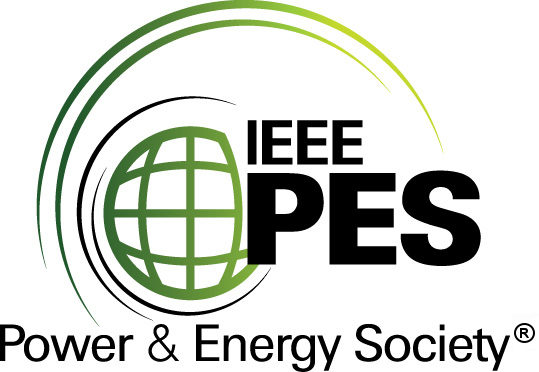SPECIAL SESSIONS
Resilience Enhancement Strategies for The New-type Power System Under Natural and Man-made Disasters
-Abstract: In the new-type power system with renewable energy as the main power source, there are few power generation units (such as coal-fired and gas-fired power units) with strong support capacity, and the ability of the system to resist the interference of natural disasters is weak. In addition, a large number of advanced information equipment are used in the new-type power system, which is vulnerable to man-made attacks. The safe and reliable operation of the new-type power system will face severe challenges under natural disasters (such as typhoons, earthquakes, etc.) and man-made attacks (for example, cyber-physical attacks). Before disasters, optimal planning of generators, transmission, and distribution networks need to be considered on a long time scale, while hardening planning for power facilities should be employed on a short time scale. During disasters, it is necessary to improve the capacity to absorb energy released by disasters and the power supply capacity for important loads through preventive scheduling. After disasters, the system should have the rapid recovery ability to ensure the power supply for loads. Therefore, when the power system is faced with an inevitable power shortage during disasters, it is necessary to improve the resilience of the new-type power system to cope with disasters at different stages.
–Technical Outline of the Session: The new-type power system consists of transmission networks, distribution networks, generation units, distributed generators, integrated energy systems, and so on. Thus, the resilience improvement measures that can be taken are also different from different viewpoints. In this sense, state-of-the-art research advances in the application of resilience enhancement strategies for the new-type power system are encouraged in this special session. Topics of interest include (but are not limited to): resilience-oriented planning and hardening methods for transmission networks, distribution networks, and (distributed) generation units; preventive scheduling approaches for transmission networks and generations; optimal scheduling of mobile energy storage systems; optimal planning and operation for integrated energy systems; fast restoration strategies for transmission and distribution networks.
-Organizers Personal Profile: Heng Zhang received the Ph.D. degree in electrical engineering from Shanghai Jiao Tong University, Shanghai, China, in 2019. Now, he is currently an assistant researcher with the School of Electronic Information and Electrical Engineering, Shanghai Jiao Tong University. His main research interests are resilient power systems, operation and planning of power systems and integrated energy systems.
Shenxi Zhang received the Ph.D degree in electrical engineering from Shanghai Jiao Tong University, Shanghai, China, in 2016. Now, he is currently an Associate Professor with the Department of Electrical Engineering, Shanghai Jiao Tong University. His main research interests are power and energy system planning.

